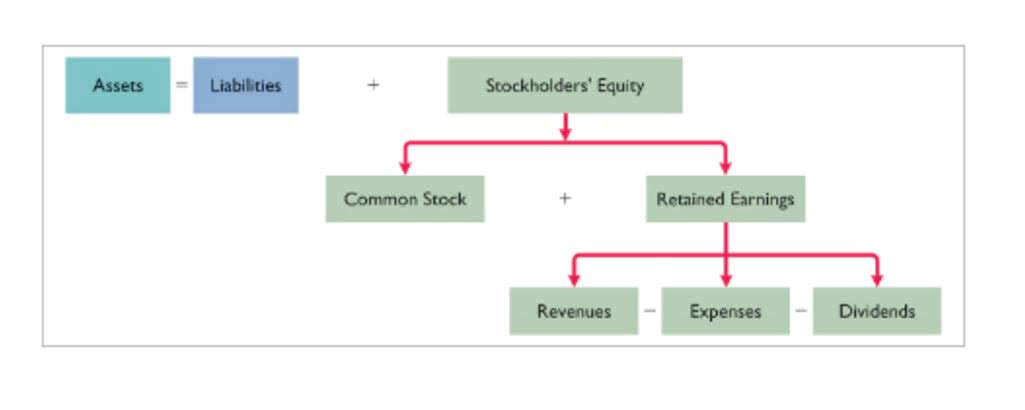Our goal at Benchmark Commercial Lending is to provide access to commercial loans and leasing products for small businesses.
Content

Temporary accounts are created in a business’s accounting ledger to identify and define financial activity for a specific reporting period. Non-temporary accounts include savings, checking, investment, retirement, and credit card accounts. At the same time, examples of temporary accounts are revenues, expenses, cost of goods sold, income tax expense, unearned revenue, payroll tax expense, and interest income. Knowing these accounts could benefit an individual and the business through proper financial management.

Unlike temporary accounts, you do not need to worry about closing out permanent accounts at the end of the period. Instead, your permanent accounts will track funds for multiple fiscal periods from year to year. You must close temporary accounts to prevent mixing up balances between accounting periods. When you close a temporary account at the end of a period, you start with a zero balance in the next period.
Knowing this information can help businesses make more informed decisions about allocating resources. This article will focus on the various accounts within accounting and, more specifically, which ones are not considered temporary accounts. We will discuss the main characteristics of each type of account and examine which one does not fit into the classification of a temporary account. As CEO and Co-Founder, Mike leads FloQast’s corporate vision, strategy and execution.
Your success is our success.From onboarding to financial operations excellence, our customer success management team helps you unlock measurable value. Through workshops, webinars, digital success options, tips and tricks, and more, you will develop leading-practice processes and strategies to propel your organization forward. While the responsibility to maintain compliance stretches across the organization, F&A has a https://accounting-services.net/the-ultimate-guide-to-bookkeeping-for-independent/ critical role in ensuring compliance with financial rules and regulations. Together with expanding roles, new expectations from stakeholders, and evolving regulatory requirements, these demands can place unsustainable strain on finance and accounting functions. F&A leadership can have a significant impact by creating sustainable, scalable processes that can support the business before, during, and long after the IPO.
Permanent accounts remain open through the end of the accounting period and carry over their cumulative balance to the following period. Accountants note the closing balance after the period, but Bookminders: Outsourced Accounting and Bookkeeping Services the account is not terminated by resetting the amount to zero. Instead, when a new period starts, permanent accounts continue to be open and preserve their closing balance from the prior period.